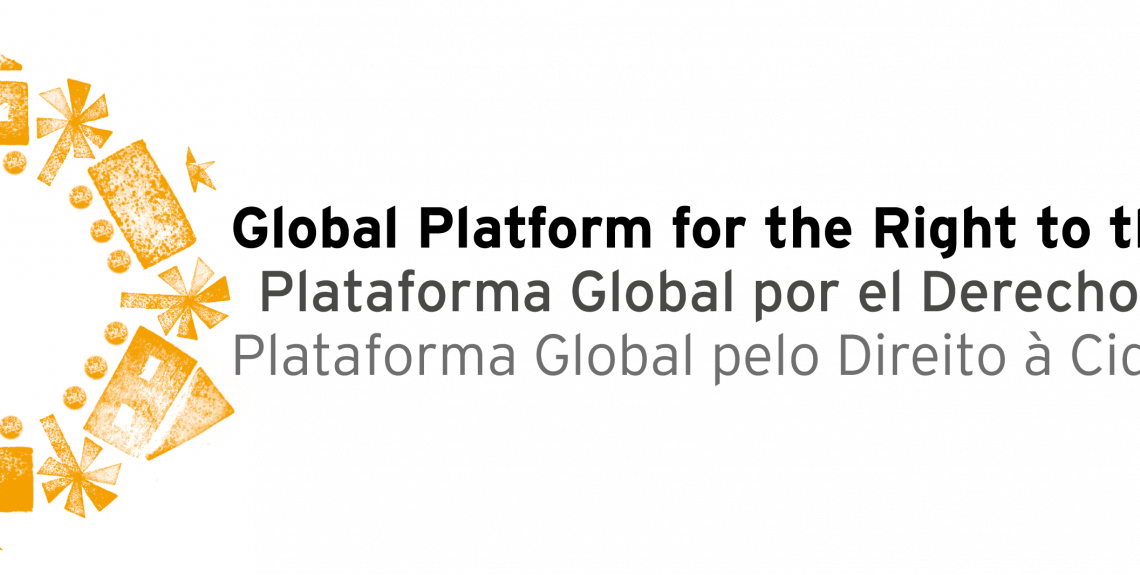On 29 June 2016, Lorena Zárate, President of the Habitat International Coalition (HIC), addressed the following statement to the States' delegates on the need for the New Urban Agenda to include the Right to the City. Zárate called for a real commitment to build clusive, equitable, democratic, safe and sustainable cities, towns and villages.
"Thank you Mr Chair for this opportunity to address the distinguish delegates on behalf of Habitat International Coalition, as part of the Global Platform for the Right to the City and the General Assembly of Partners.
The Global Platform for the Right to the City is an international action-oriented network, supported by civil society organizations, social movements, professional and academic institutions, including also local governments and public sector agencies.
We would like to start by recognizing the strong engagement and commitment from national governments in having a serious debate about the vision and scope of an universal agenda, that will address the challenges and at the same time enhance the possibilities to transform our human settlements.
This certaily reflects and takes into account the process started more than two years ago, that has built up consensus and concrete proposals in the declarations agreed upon at the official regional and preparatory events, the Prep Com I and II and the Urban Thinkers Campuses.
We all agree on the need to make our villages, towns and cities more inclusive, equitable, democratic, safe and sustainable. We believe that the Right to the City offers a very concrete framework and policy orientations to move forward in that direction.
In that sense, we strongly support the principles and detailed contents proposed by the experts of Policy Unit 1 after hard work and debates.
The six key strategic principles for the R2C are more or less mentioned in the current formulation of the Draft, but they certainly need stronger definitions and much more clear, transparent and participatory implementing and monitoring mechanisms.
Those include:
- the respect and protection of all human rights for all;
- the social function of the property, the land and the city;
- the democratic management of our villages, towns, cities, metropolitan areas and regions, that includes a stronger role of subnational and local governments;
- the recognition and support to the social production of habitat and to the social and solidarity economy, through ad hoc legal, financial, land tools and technical assistance;
- the responsible and collective management of the ecological and cultural commons, and,
- the protection, non privatization and improvement of the public spaces, including community infrastructure and facilities.
Stronger commitments and concrete actions and monitoring tools are necessary to guarantee social regulation of real state markets and security of tenure for all, avoiding the negative impacts of gentrification and putting a definitive end to homelessness and forced evictions and displacements.
We are all well aware that the discussion around the New Urban Agenda represents an unique opportunity and a responsibility to reflect botht the challenges and achievements of the past 20 years and the courageous and creative vision and framework that our societies and territories need for the 20 years to come.
Finally, we trust that an specific commitment has to be made at this level to move forward and deepen the debate and work on Sustainable Urbanization and the Right to the City, including high level and multiagency and multi stakeholder existing and new mechanisms that will allow and guarantee broad participation and active engagement from different stakeholders. Only a democratic and participatory Global Agenda can have the legitimacy and the force that is needed to move forward.
Human Rights and Right to the City for All!
Thank you very much."


